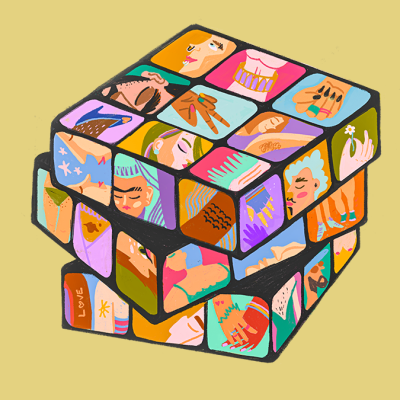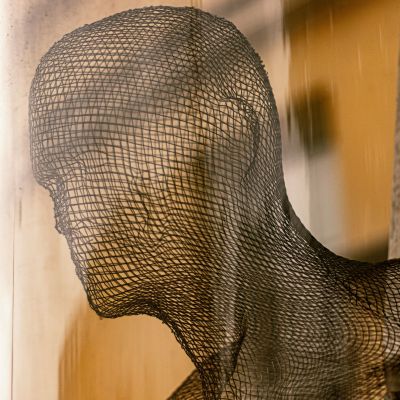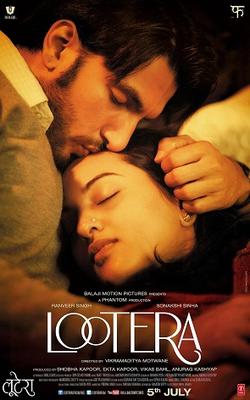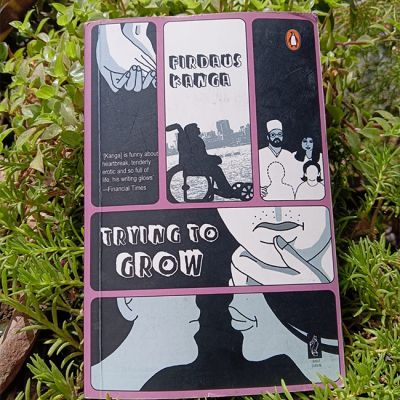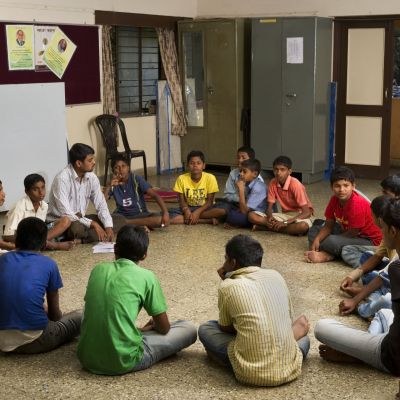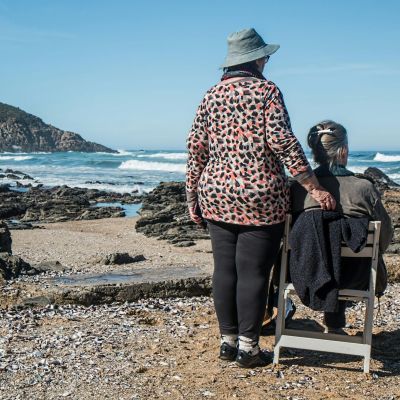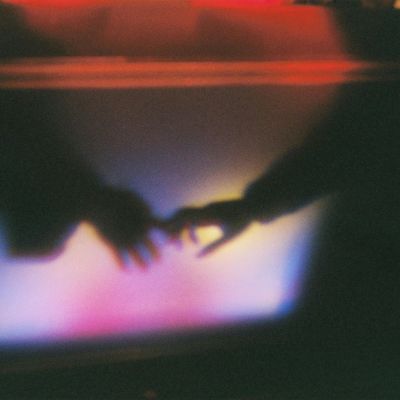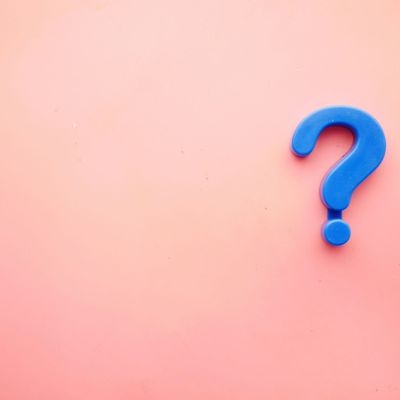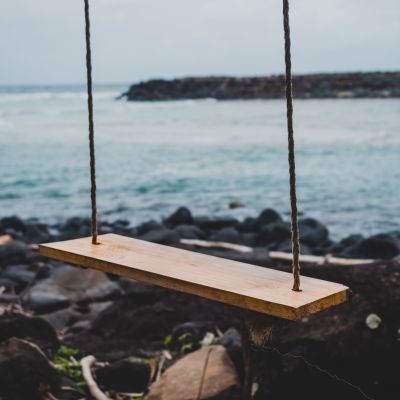Pleasure
… almost as if men, today, need to be shielded by thick dark crusts of the protections offered by newer and ever more curious forms of masculinities that are harmful to self and others.
Men perform an identity that they don’t fully understand. The pressure to appear strong while feeling the full range of emotions that they cannot express creates a hollow inside, creates a quiet dissonance, a loneliness that is rarely spoken of but deeply felt.
Social media and dating platforms provide new opportunities for connection, but they also elevate the potential risk of harm associated with any online engagement. The anonymity of the interaction can serve both as a source of freedom and potential exploitation.
It is rare to show with such simplicity and depth, the undoing of a robber as he falls in love with the subject of his robbery. Lootera reinforces the belief in love’s gentleness which can disarm all the trappings of normative masculinity that society commands.
The novel turns the idea of masculinity on its head through the story of Brit, a boy who is as sharp as he is fragile. Born with osteogenesis imperfecta, Brit’s bones break easily, but his spirit doesn’t.
Masculinity is like a script given to boys early in their lives. There is a constant pressure to fit into the box of toughness, and be silent and dominating. But what if we all rewrite this script?
Looking down upon the earth from many miles up in the sky, the divisions between land masses and water bodies…
There are times when we bend the rules and draw on the walls. This is one of those times. We listened in on some of the chatter online on the subject of consent and we ended up with some questions.
Language can be a limiting thing when it alone is considered to be the marker of success or failure in intimate spaces. Sometimes we get stuck on what is said and fail to notice what is done in relationships. At other times, denial of a need, request, or crossing of one boundary can make us feel like the entire relationship has lost its value.
Intimacy can never thrive in an environment of rigid certainty. Intimacy requires surrender – not in the sense of submission – but in the willingness to be with another person without detachment or defences.
The language of consent is not neutral. It is rigid where it should be nuanced, malleable where it should be firm. Yes is an all-encompassing spirit, ever-expanding; No is frustratingly constricted, barely visible.
The sheer ignorance of the intricacies of consent, or its performance, serves only to strengthen the enduring patriarchal framework that holds sway in a society where the bodies, desires, and even voices of women have been, and, tragically, continue to be, defined and controlled by men.
Consequently, a “yes” – whether verbal or gestural – cannot be shallowly inferred as an authentic, unambiguous, and static agreement to a “contract” proposed by men.
How would we see the world really, if we were open to the idea that it is not purpose but play that drives us to seek companionship, be it an orchid seeking a pollinator or a human seeking another?
This awareness of the status ascribed to women – the status of being the objects of men’s desires – affects every aspect of a woman’s life. Desire then, in particular, becomes an aspect of a woman’s life where navigation becomes tricky.

